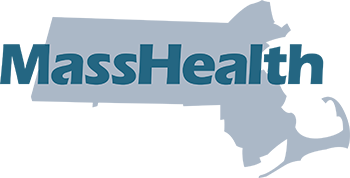Page Contents:
Minimum essential coverage, or MEC, is any insurance that meets the Affordable Care Act (ACA) requirement for having health coverage.
Examples of health coverage that qualifies as MEC include:
- Most MassHealth coverage;
- A Health Connector or ConnectorCare plan;
- Insurance from a job, including COBRA;
- Medicare Part A or Part C;
- Most student health insurance plans;
- Some other types of coverage recognized by the Secretary of the U.S. Department of Health and Human Services as minimum essential coverage (MEC).
- See a full list of what coverage qualifies as MEC in the chart below.
Minimum Essential Coverage Chart
See the original chart and more information on the Individual Shared Responsibility Provision on the IRS website →
| Coverage Type | Qualifies As Minimum Essential Coverage? |
|---|---|
Employer-sponsored coverage:
|
Yes. Qualifies as MEC |
Individual health coverage:
|
Yes. Qualifies as MEC |
Coverage under government-sponsored programs:
|
Yes. Qualifies as MEC |
Other coverage:
|
Yes. Qualifies as MEC |
Certain coverage that may provide limited benefits:
*Medicaid programs that provide limited benefits generally don’t qualify as minimum essential coverage. However, HHS will provide a hardship exemption to individuals with certain types of limited-benefit Medicaid coverage. |
No. Does not qualify as MEC |






